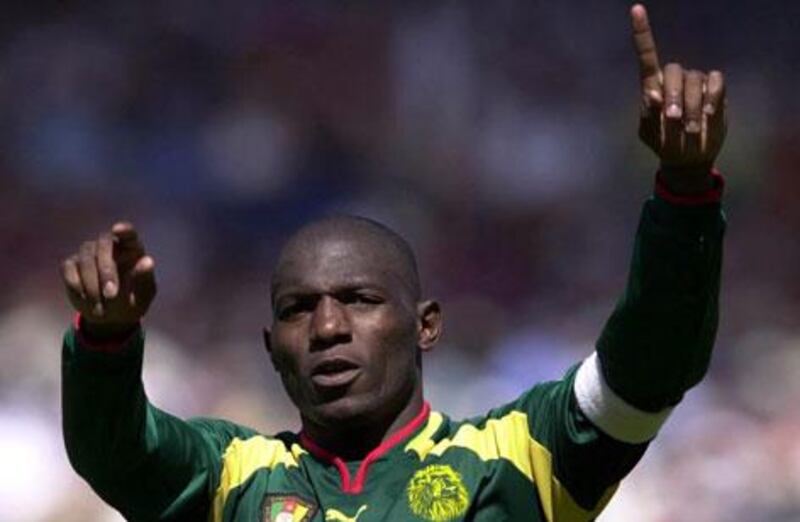MANCHESTER // Cameroon, Nigeria and Czechoslovakia. Paraguay, Bulgaria and Denmark. Chile, Ghana and Japan.
Those are nine nations that have won medals in Olympic football since 1968, the first three the gold, the second trio the silver and the final three the bronze.
The Olympic football tournament has seldom gone on form over the past 60 years.
Time and again, nations that have never got near a World Cup have seen their players with Olympic medals draped around their necks.
On the other hand, some of the world's greatest football powers have never won Olympic gold.
Brazil, Germany and Holland are the most prominent.
The Olympic tournament is far more likely to produce a surprise medallist than the World Cup, and less highly regarded teams in the London 2012 competition - like the UAE - are sure to find this very interesting, and perhaps inspirational.
The unpredictable nature of Olympic football champions has two explanations. The first is geopolitical: from 1952 until 1980, the socialist nations of the Warsaw Pact, the Soviet Union and its allies, took advantage of the rules precluding professionals from playing in the tournament.
Their players were amateurs in name only, often military men or members of the security apparatus whose assignment was to play football.
All nine gold medallists during that period were came from Eastern Europe, and they won 21 of a possible 24 football medals.
Since 1984, when Olympic football was opened to professionals, the emergence of a Nigeria or a Cameroon as gold-medal winners seems more about the recognised volatility of age-group football.
From Barcelona 1992 forward, if has been an Under 23 tournament, aside from three overage players per team.
Nearly every serious football nation can point to an age-group side who did well but were unable to carry that momentum forward to the senior national team.
Cameroon's gold medallists of 2000 are a prime example; to look at their squad list, aside from the right-back Geremi, is to think: "Who were those guys?"
The shocks at the Olympic tournament can be profound.
Paraguay with a silver in 2004?
Japan with a bronze medal in 1968, at a time when that country hardly played football at all?
India finishing fourth in 1956?
Mexico fourth in 1968?
The surprises extend to the Arab world, as well.
Egypt played for a bronze medal in both 1928 and 1964, and war-torn Iraq reached the bronze-medal game in 2004.
The inescapable conclusion being that an Olympic football tournament can have favourites, but it rarely has sure things.
[ poberjuerge@thenational.ae ]
Follow us
[ @SprtNationalUAE ]





